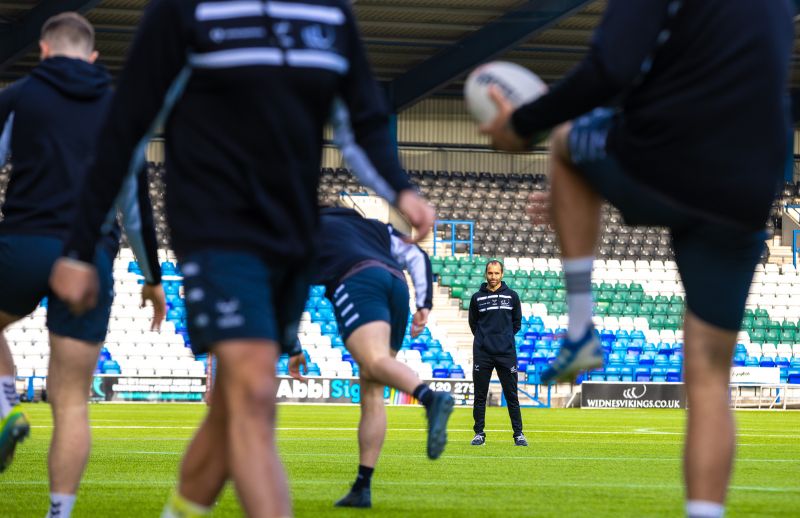
Having worked within high performance sport in the UK, the pressures on young, promising athletes to reach their full potential is immense. That pressure comes from a variety of different sources, parents, peers, coaches, performance staff and the player themselves. That pressure is a double edged sword. On one hand it helps to drive the athlete to raise the bar in terms of improvements in performance, but on the other it may hinder development and lead to extra physical as well as emotional stress, especially where injury is concerned.
Nowadays, young athletes are training more often each week, for longer durations and often with additional strength and conditioning demands. Couple that cocktail with the fact that these same players may be playing for school and local clubs and you can see a very hectic training schedule.
A typical week may look like 3 training sessions a week for Club, alongside 1-2 training sessions a week for school, leading up to 2 games on the weekend. The strength and conditioning sessions would be a minimum of 1 x week. That week doesn’t even take into account that these young athletes are still studying at school with additional academic, social and emotional demands. Physical and psychological load is very high.
Often when that load is not managed correctly, it is when the risk of injury is generally higher. If you would like advice on load management or ensuring your body (or your child's) has the strength, flexibility and endurance to cope with that load, talk to David.
Injury prevention tip:
For more advice, book a session with David Bahadoor HERE
Recent Comments